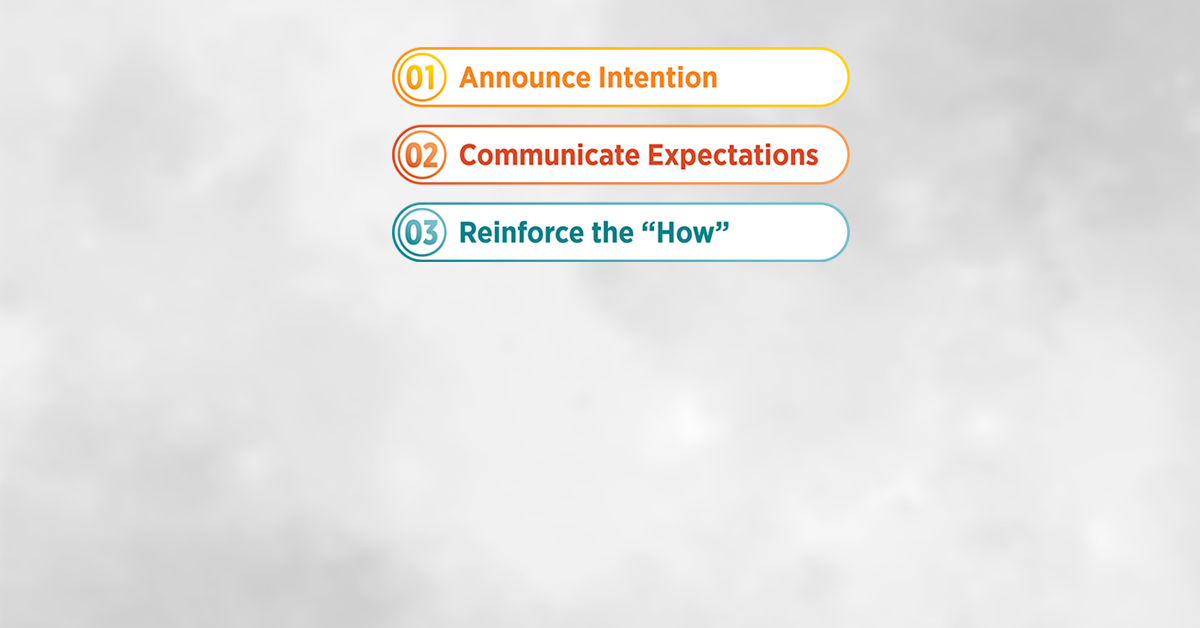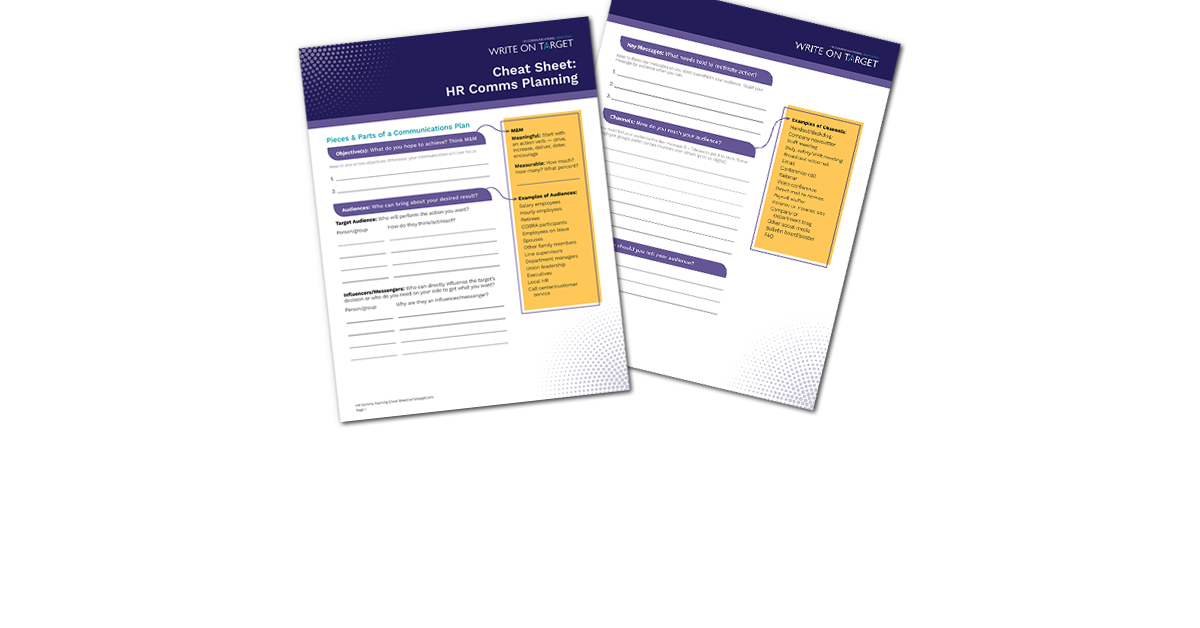I recently spoke at the International Foundation of Employee Benefit Plans (IFEBP) regional conference on Communicationss and Technology. It was a great conference with lots of interesting ideas and people. A comment was made by one of the speakers that really struck me. We spend a lot of time and effort to communicate to employees about health care. But how much of that effort is devoted to plan basics versus basic steps they can take to improve their health? After all, isn’t that the real goal?
To that end, I’d like to provide you with a couple of great resources for information and materials you can use, free of charge. (Yes, I said free!). Even better, these materials are prepared by professional, unbiased organizations.
Questions Are the Answer
This campaign was created by the Agency for Healthcare Research and Quality, part of the U.S. Dept. of Health & Human Services. It is loaded with videos, brochures, and flyers, encouraging folks to ask questions and get involved in their care. There’s even a plain-English glossary to translate doctor-speak into everyday language. Plus, an interactive question builder tool to help patients put together the right questions, based on their situation.
Choosing Wisely
Choosing Wisely is a campaign sponsored by the ABIM Foundation. Nine leading medical societies developed lists of Five Things Physicians and Patients Should Question that will “encourage conversations between physicians and patients to improve care and eliminate unnecessary tests and procedures.” The lists cover allergy and asthma, cardiology, radiology, oncology, family physician visits and more.
Consumer Reports
The Choosing Wisely campaign is also supported on the Consumer Reports health site.
They have summarized and simplified the information even further. You can access flyers and videos on topics, such as:
- When do you need antibiotics for sinusitis?
- When do you need imaging tests for lower back pain?
- Bone-density tests: When you need them and when you don’t.
- How should you treat heartburn and GERD?
We want employees to be healthier. We want them to be smart consumers of health care. But it’s not an easy transition. By providing the right tools, maybe we can help folks take the first step.


